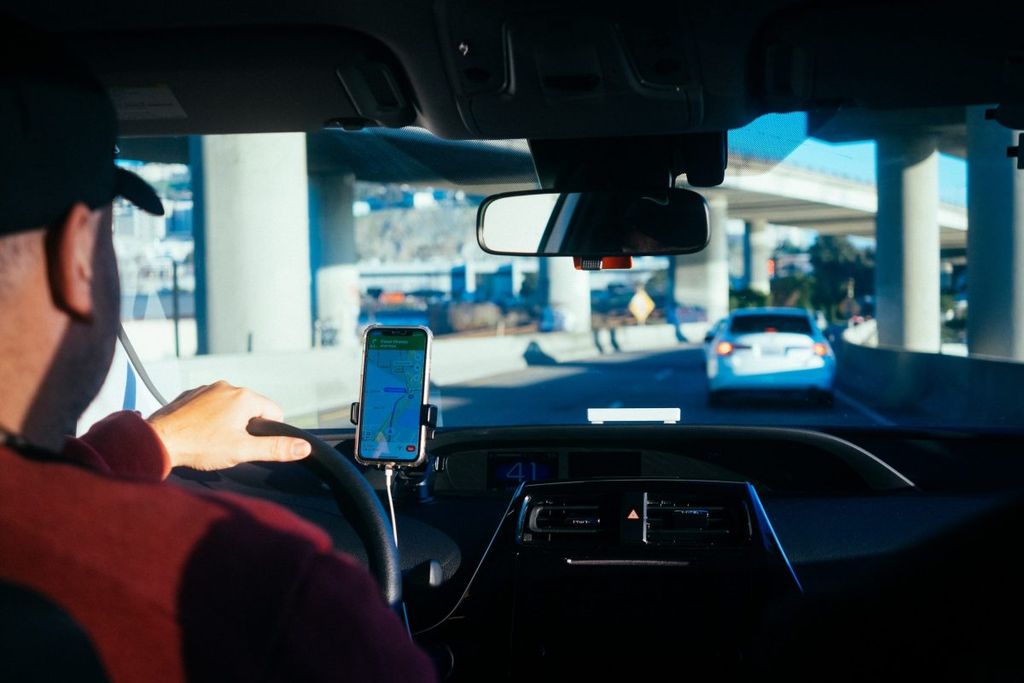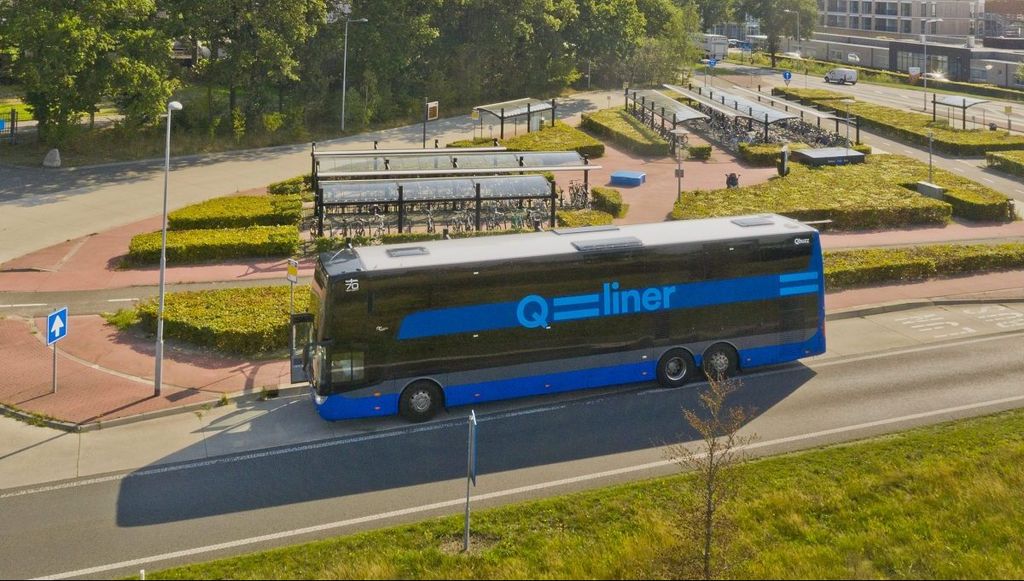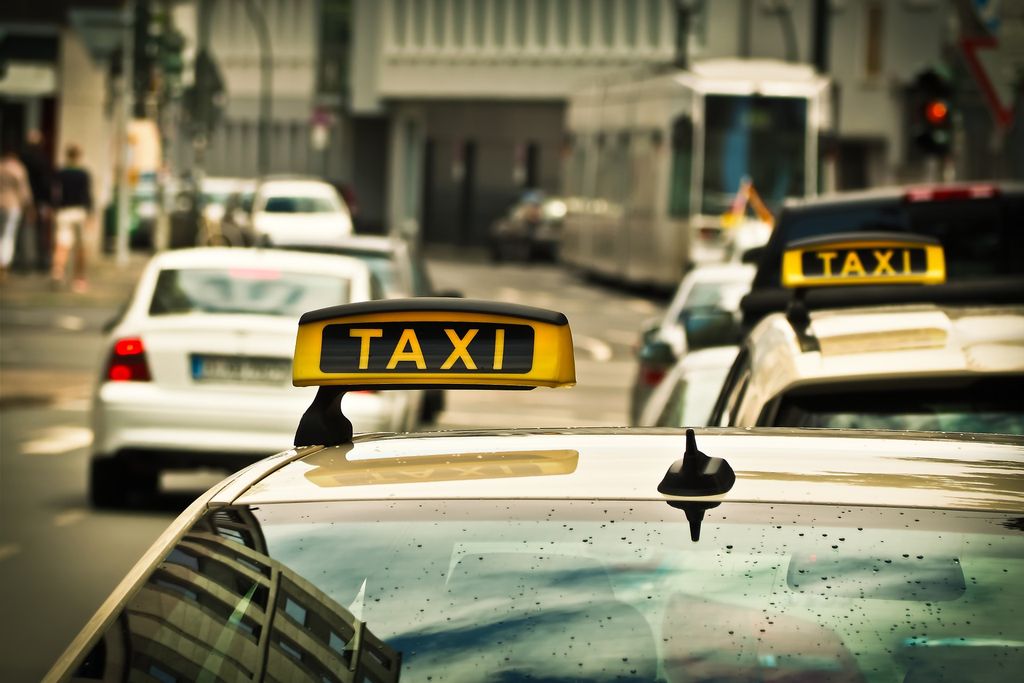
Speeding up decarbonisation: The case for electrification of taxis and ride-hailing
Electrification would make a huge impact….so why is it so slow to develop?
Since 2020 and 2021, the need to improve air quality has become increasingly apparent because of the COVID-19 pandemic, and climate policy goals have further pushed the need towards electrification.
In the bid to reduce greenhouse gas emissions and reach climate neutrality, prioritising electrification of taxi and ride-hailing vehicles would make a huge impact.
And yet, the move to electrification is still to take off on a wider scale…
Norway’s capital, Oslo, has the highest number of electric cars per capita in the world and yet, in 2019 it was estimated that 2% of the taxi fleet were fully electric.
– UITP, 2020. Global taxi benchmarking survey
UITP shines a light on the topic
UITP’s new Knowledge Brief, The case for electrification of taxis and ride-hailing, shines a light on the electrification of the sector, provides best practices from the frontrunners and evaluates what still needs to be done to support the transition.
What was looked at as a stable profitable business for over a century has now become a dynamic space for those who can seize the opportunity. That’s where UITP can help: by putting together frontrunners, facilitate discussions for systemic change and foster best practices.
With the right policy framework and incentives, experts recognise that the economics can be reversed to make electric vehicles less expensive due to lower operational costs compared to Internal Combustion Engine (ICE) vehicles. But, only effective discussions between the sector and drivers will ensure the best results.
Operations with electric vehicles are far cheaper than gasoline ones, but you wouldn’t know if you hadn’t tried!
But is electrification enough?
The decarbonisation of the taxi and ride-hailing sector is key to reduce C02 emissions, which can be achieved through a combination of measures including electrification. But to multiply the effect on air quality, urban mobility quality and citizen’s health, cities and regions need to move beyond clean fleet renewal towards more liveable cities. This can be achieved thanks to policies that encourage pooled rides and complementarity with mass public transport and ultimately foster the modal shift from private cars to sustainable mobility.
A dedicated toolkit is available for UITP members on MyLibrary to support the transition to electric taxis. If you are not a member and would like to know more about it, please contact Lydia Signor at [email protected]
Through such developments in the sector can mobility help to innovate and foster life. Interested to hear similar stories?
exclusive resources







